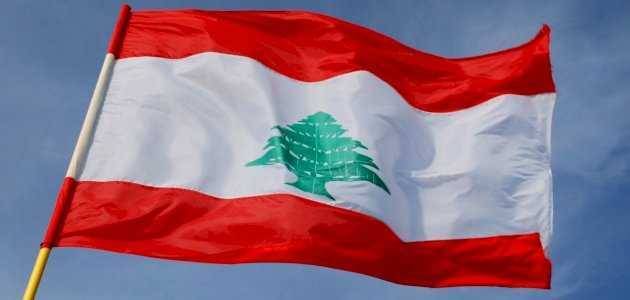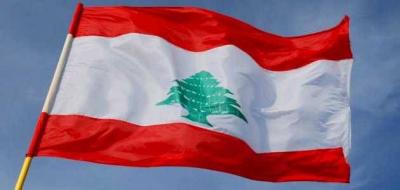Lebanon has made progress in achieving seven of the Sustainable Development Goals (SDGs) and is "on track" regarding one SDG, while being "off track" for two SDGs. These results were reported in a report by the United Nations Economic and Social Commission for Western Asia (ESCWA) on the progress of SDGs in the Arab region for the year 2023. The report indicated that Lebanon lacks sufficient data to provide information on the progress made toward the remaining seven SDGs.
The report measures the progress of Arab countries in implementing the 17 goals that are part of the United Nations 2030 Agenda for Sustainable Development, which was defined in September 2015. The United Nations evaluates each country's progress on each goal using a four-category scale: "on track," "making progress," "off track," and "insufficient data."
According to the assessment in the weekly economic report of the Byblos Bank Group Lebanon This Week, ESCWA noted that Lebanon is "making progress" toward the goal of "ending poverty," similar to Algeria, Egypt, Iraq, Jordan, Palestine, Somalia, and Sudan among Arab countries. It was indicated that Lebanon is "making progress" in achieving the goal of "clean water and sanitation," alongside Algeria, Djibouti, Iraq, Libya, Palestine, Saudi Arabia, Somalia, and Sudan.
Moreover, Lebanon is "making progress" towards the goal of "affordable and clean energy," like all other Arab countries. It also mentioned that Lebanon is "making progress" in reaching the goal of "industry, innovation, and infrastructure," alongside Algeria, Bahrain, Comoros, Egypt, Iraq, Jordan, Kuwait, Libya, Morocco, Oman, Palestine, Qatar, Saudi Arabia, and Sudan.
Additionally, the report highlighted that Lebanon is "making progress" toward achieving the goal of "sustainable cities and communities," similar to Egypt, Jordan, and Sudan. Furthermore, it stated that Lebanon is "making progress" in achieving the goal of "life on land," akin to Bahrain, Comoros, Djibouti, Egypt, Kuwait, Libya, Mauritania, Morocco, Oman, Palestine, and Saudi Arabia. Lastly, it emphasized that Lebanon is "making progress" regarding "partnerships for the goals," like 17 other Arab countries, aiming to strengthen the means of implementation and revitalize the global partnership for sustainable development.
ESCWA also mentioned that Lebanon is "on track" toward the goal of "good health and well-being," similar to all Gulf Cooperation Council countries, as well as Egypt, Jordan, Morocco, Palestine, and Tunisia. However, the report noted that Lebanon, along with Libya, are the only Arab economies that are "off track" in achieving the goal of "zero hunger," which aims to end hunger, achieve food security, improve nutrition, and promote sustainable agriculture. It added that Lebanon, along with Iraq, Mauritania, Palestine, and Sudan, are "off track" in achieving the goal of "decent work and economic growth," which seeks to promote sustained, inclusive, and sustainable economic growth, full and productive employment, and decent work for all.
Simultaneously, ESCWA stated that Lebanon does not have sufficient data or indicators to provide comprehensive information on the progress made in the areas of "life below water," "climate action," "gender equality," "quality education," "peace, justice, and strong institutions," "reduced inequalities," and "responsible consumption and production."




